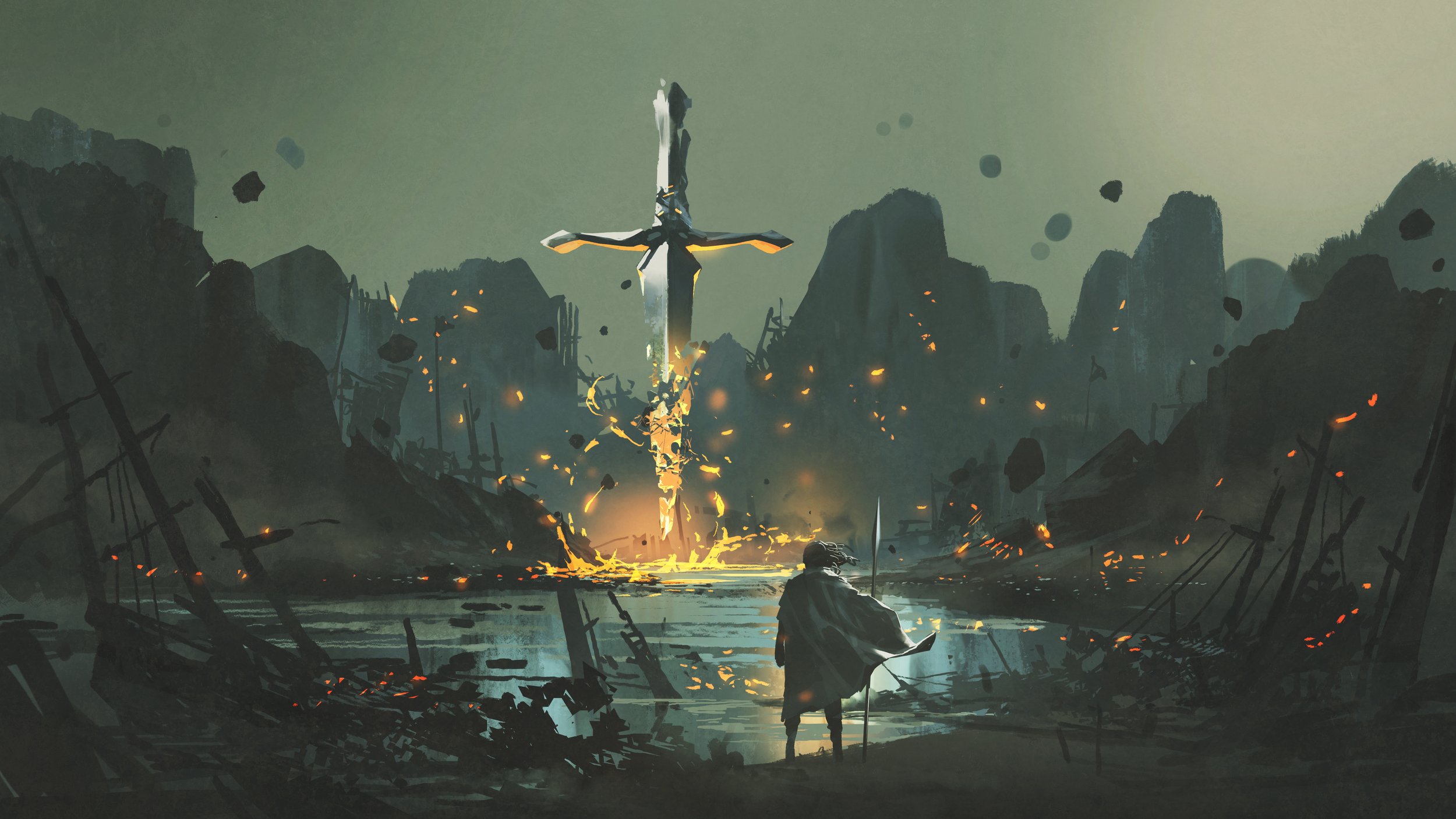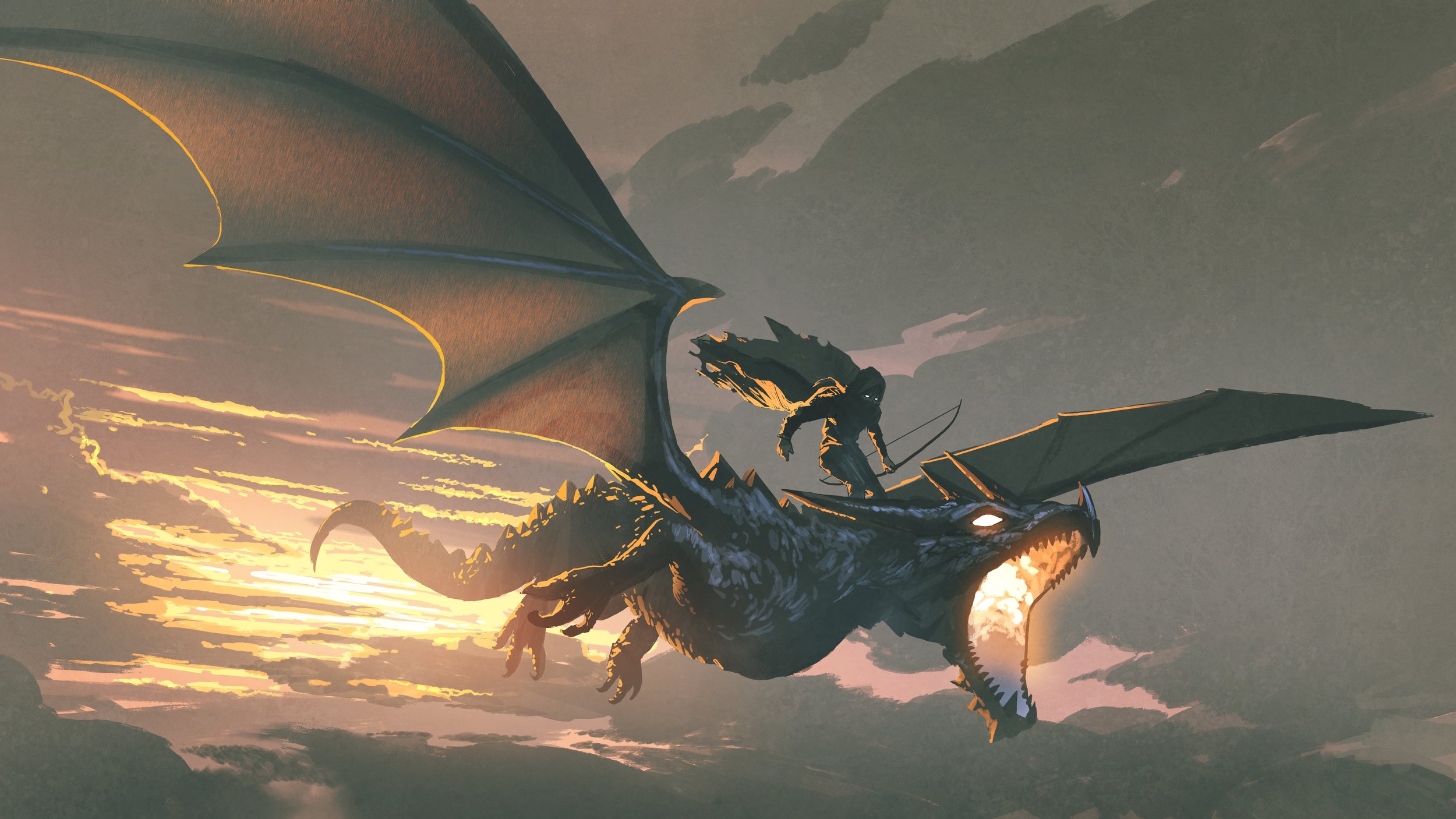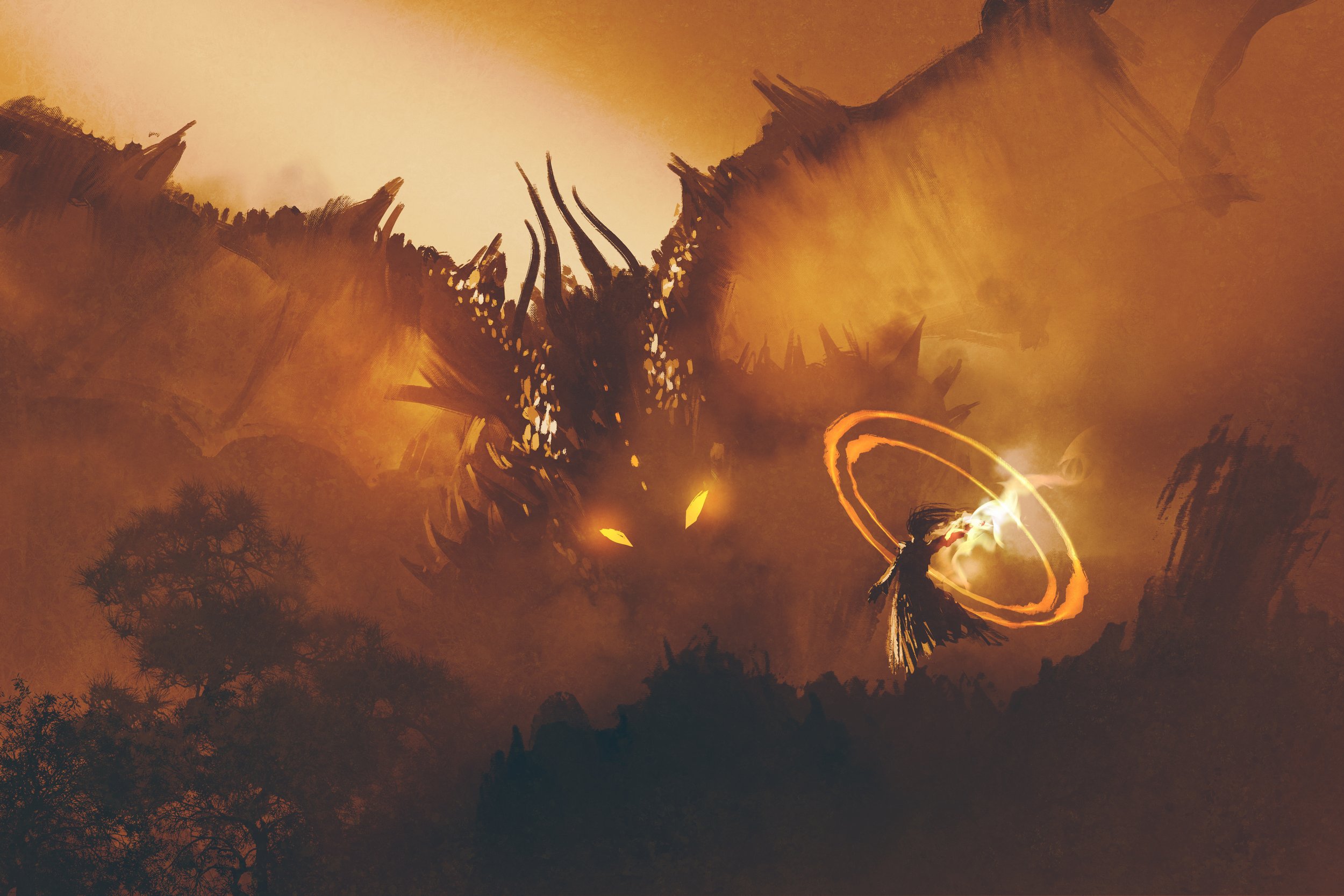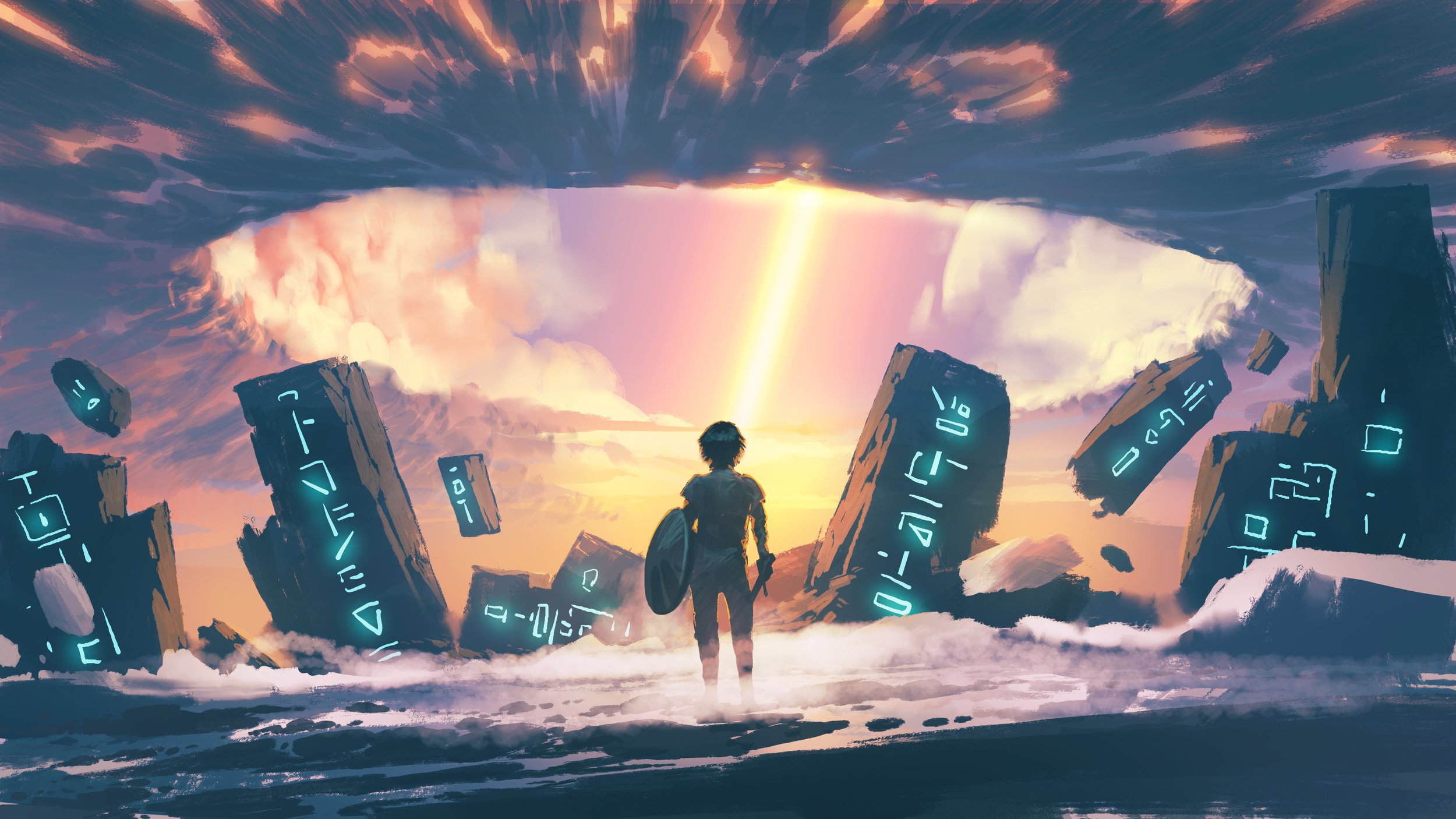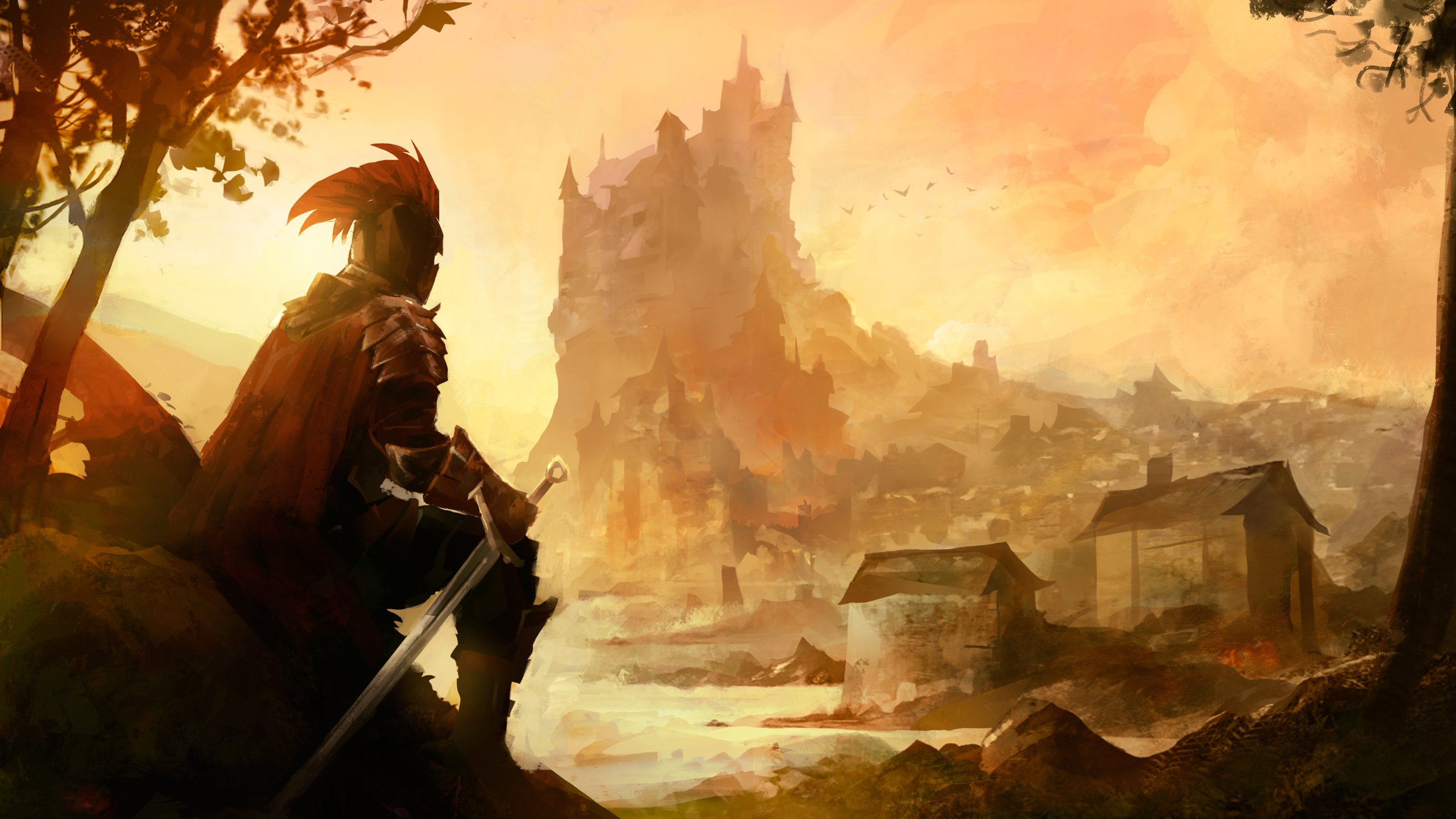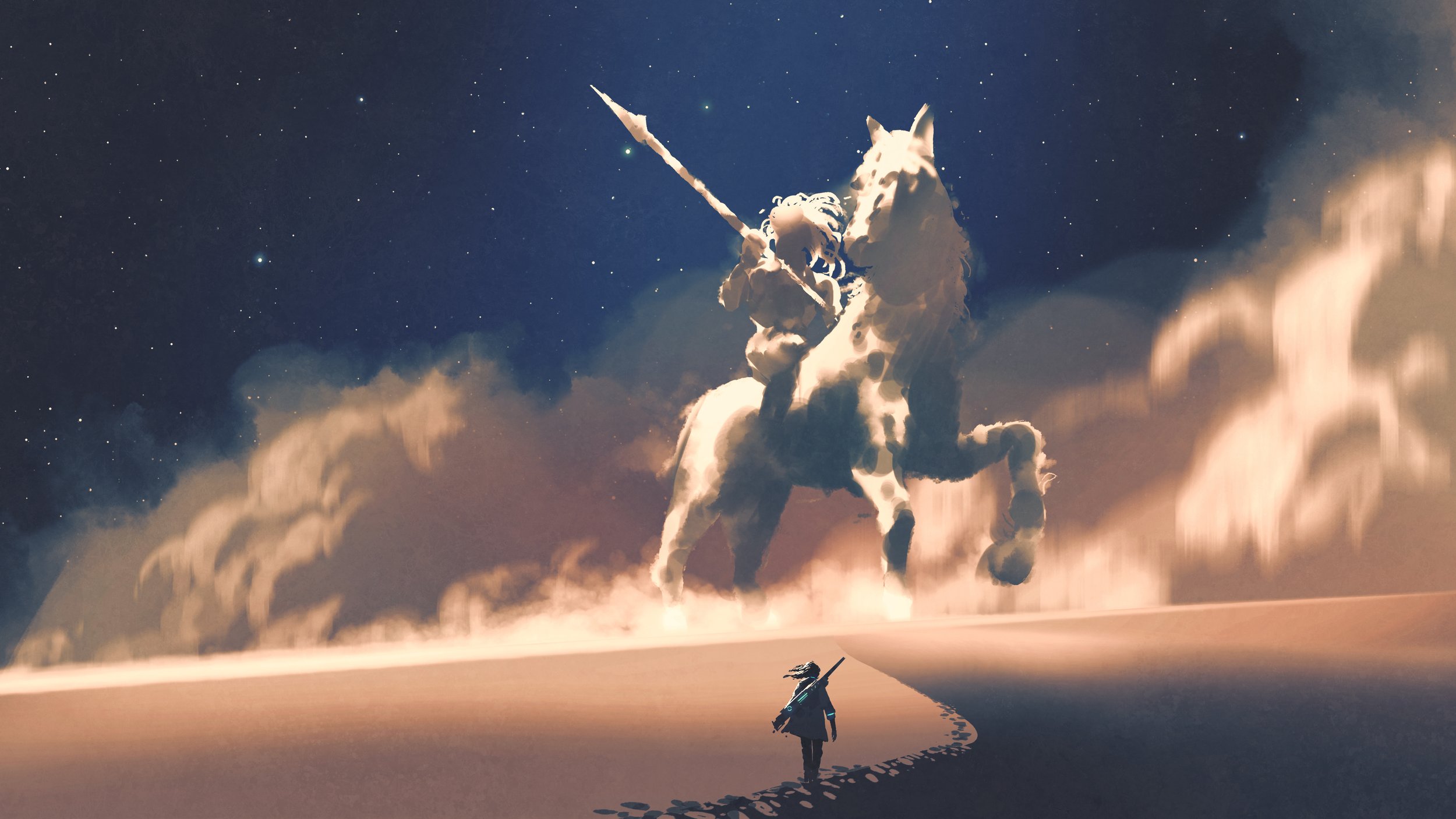Is Life an RPG? Why We Should Treat Life Like a Roleplaying Game
Roleplaying games are fantastic adventures. Whether video games or tabletop games, we enjoy the immersion, interesting questlines, beautiful landscapes, and magical creatures that roam these fantasy realms. But next to it, our reality may feel anything but an adventure. It can be tedious at times, we face difficult challenges, and some days it’s anything but fun.
But what if we thought about real life as an RPG? While it may seem like a novel idea to some, changing our mindset and thinking about life as a game can produce real benefits to our lives.
How is Life Like an MMORPG?
Real-life has a lot of similarities to roleplaying games. Though, the inclusion of billions of other players makes it more of an MMORPG than a single-player RPG. Each of us, a character with a unique build, specific attributes, and skills that we can level up over time.
Similar to RPGs, in reality, we have an inventory system and housing that we can customize based on our resources. We form parties with other characters to make the game more enjoyable and work on quests together. And many of us like to know our stats; whether it’s our school grades to our paychecks, we often look at life through a scoreboard.
Like a game, reality has skill progression over time, and we need experience points to advance to higher levels. Whether taking an introductory math class to move up to calculus, learning chores for a guitar to rock in a band, or moving up the corporate ladder, we must progress through the questline to gain the XP needed to advance. (Read more on Real Life Questing)
While we don’t have dragons to fight, we still have many monsters and battles to overcome. From dealing with difficult people, fighting personal struggles, and overcoming challenges, real life is full of obstacles that we must fight through to success.
Whether it is gaining XP to advance or overcoming obstacles, there are an infinite number of quests that we can complete in real life. And when we treat life as a game, these quests take on significance. With gamification, we can be more focused and motivated to complete them. (Read more on Why Real Life is the Hardest RPG)
“If your life just got a little harder, that probably means you just leveled up.”
- Unknown
What Are the Benefits of Gamification?
According to Merriam-Webster’s Dictionary, gamification is “the process of adding games or gamelike elements to something (such as a task) so as to encourage participation.” The concept is that by creating a more enjoyable experience, the participant will be more likely to complete the desired task.
There are many variations and formats, and gamification has been used in everything from education systems to marketing programs to corporate training systems. The main goal of gamification is to get participants to complete tasks by validating their participation and rewarding their accomplishments. It‘s focused on recognizing achievements and celebrating them with a reward.
Gamification has been widely studied, and the benefits include improved engagement, higher knowledge retention, and greater completion rates of activities targeted. Making things more fun makes for a better experience and motives people to finish it.
This motivation comes from our brain’s release of dopamine when we experience something positive and rewarding. Having a game celebrate our achievement of working towards a task triggers this pleasure response in our brains, releasing the so-called “happy hormone” and making us feel good.
Getting that release of positive feelings makes us seek to do it more, and dopamine is closely connected to our sense of motivation. The greater a game makes us feel happy, the more we want to continue to play it.
Beyond the motivational element, gamification has also been linked to lower stress, greater empowerment, more resiliency, better focus, and more willingness to try something new. Additionally, we are less afraid of taking risks when gaming as we are more goal-focused.
“Life is a game like any other; we just don’t take it as seriously.”
- Babe Ruth
Life is a Game
Using gamification for our life is a great way to encourage ourselves to work towards our life’s purpose. It requires that we set goals and celebrate our accomplishments. It allows us to map our journey and see the steps needed to get where we want to go. And once clear, we can reward ourselves for completing each step and be proud of our achievements.
Seeing life as a game also helps us to get more immersed in our activities. Dopamine is linked to the flow state, where we are fully immersed in our present activity, and tasks often seem less difficult. When we are having fun, we’re focused on the positive and the end results.
Gamifying activities that are boring can help them to become less mundane. And as gamers, we understand the need for grinding to gain XP. Relating that idea to those time-consuming tasks that we don’t typically enjoy can make completing them less miserable when there is a reward for completion.
One of the more interesting elements of gamification is how it can be used to make us less afraid. When we play a game, we are less afraid of making mistakes. We know that sometimes it takes more than one try to defeat a boss monster or a difficult level in a game. But at the same time, many of us will tense up in real life when faced with something that we might fail on the first time and have to try again. Looking at life as a game can make it easier to recognize that failure is just a step on the way to completion and those fears become less scary.
“Life is a game, kid! It all depends on how you play!”
- Mario
How to Make Life Like an RPG?
One of the easiest ways to look at life as a roleplaying game is to look at our tasks as quests. It can be as minor doing the dishes to something much more intense like getting a college degree or starting a business. These are no longer mundane tasks but quests to be completed on your journey.
Consider what your personal skill tree would look like and what you want to work on next. There is a saying that 10,000 hours is needed in a subject for mastery. How many experience points do you need to reach your next level?
Just like a game involves many quests as part of a story’s progression, consider where you can break down your short and long-term goals into small steps. Map out your journey and what quests must be completed on the way to achieving your goals.
Set a reward system to celebrate your accomplishments. It can be something small without breaking the bank. Maybe an hour on your favorite video game for doing that presentation at work or a new set of dice after reaching so many hours of XP in a recent activity. Or even set up a D100 table and take a roll for something more special and randomized.
Add mini-games to help break up tasks. Try timing yourself on an activity like how quickly you can clean the house or get through an unpleasant task. Or set up a point system like 2 points for every email completed or 1 point for every page read. Set a score goal and see if you can reach it by the end of the day.
“Life is a game, and it's much more fun if you play it as your own game, so stay light and loose and relaxed.”
- Bill Murray
Track your progress and daily accomplishments and compare them over time. As you level up, are there some tasks that are getting easier? Can you re-evaluate and take on more challenging quests as you’ve gained experience points?
Where can you form parties and connect with other players to work towards your goals? Games are often more enjoyable when playing with others, and you may need allies for some of your challenges. (Check out Real Life Party Members and Traveling Companions on the importance of working with others in RPGs and life)
Try an RPG-based lifestyle app. From productivity, fitness, and habit building, many options are available to gamify your daily routine. Check out this list to get you started: 10 Roleplaying Gamification Apps to Add Some Adventure to Your Day-To-Day.
You are the hero of this game, and life is your adventure. What will your storyline be, and how will you accomplish your main quest?
Thinking about life, an RPG can help motivate us to level up and encourage us to get the XP needed to succeed. Living life like an RPG, we are no longer just living day-to-day. We are adventurers on a journey seeking to complete our life’s quest.
Author:
Laurie Trueblood is a writer and life coach that enjoys fantasy, science, psychology, and everything nerdy. As the founder of Adventures to Authenticity, her mission is to help others level up and become the best versions of themselves.
Read more living life as an RPG: Check out the adventure page and Real-Life Quests or subscribe to our newsletter for weekly quests and ideas
